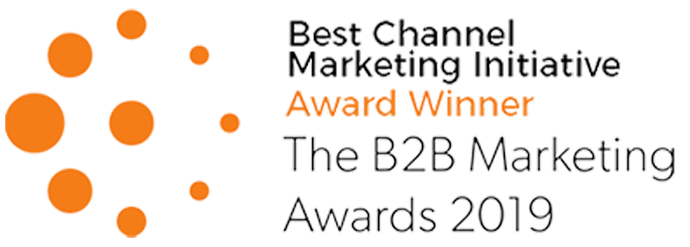Content is, undoubtedly, a big part of online marketing and businesses know it, and that why they put significant budgets in generating valuable material. However, to provide consumers with information, some marketers tend to overdo it. Yes, there is such a thing as too much writing when marketing. When creating content, you are trying to appeal to the audience through knowledge and aiming for engagement that will hopefully lead to something more such as a purchase. Good quality content will contribute to increasing your web traffic. However, when your word count is overshooting the mark, it can have the opposite effects.

Changing times
Consumers nowadays don’t operate in a world where longer content means more information. In fact, search engines have evolved such that they prefer quality over quantity. Traditionally, long articles and posts allowed marketers to stuff in all the key phrases and words they could think of, but search engines now don’t focus on keywords alone. They look at how well your content answers the questions raised by online users. It means that the websites that concentrate on catering to the consumer will have favourable rankings; and consequently, increased traffic. The on-page experience that your target market gets the minute they enter your site dictates the worth of your content.
Short attention spans
Online readers have very little patience, and that is another factor that affects a website that has too much content. Even though your target market wants essential details about a particular product, they may not have ten minutes to read your lengthy description. One reason people prefer shopping online is that they can do it from anywhere and in a matter of seconds. Such a customer may only read the first paragraph or two of your content before proceeding to other tasks. In such instances, even when you have crucial information about the product, consumers will miss it because they didn’t get to it, making it essential to learn how to structure content that is concise.
The appropriate content-length
When you have something vital to say to the audience, make certain that they get it in the first few minutes or even seconds of reading your material. Don’t make readers go digging for information throughout an article. Create content that online users will be able to absorb and retain without any problem. Note that various audiences respond to different content lengths, so conduct research first on your particular market. For instance, you may find that 1000 words work well for your blog but not for product description. Also, consider if the page is for mobile or desktop. Mobile users have to view content on smaller screens, which means lengthy posts may be challenging to read.
Take some time to evaluate how long your online content should be to appeal your target market. Sizing your articles and posts appropriately adds value, which in turn, boosts search rankings.
This post was written by Daniel Johnson - dj38197@gmail.com
If you wish to get in contact with us about guest posting then please do so here.
post by topic
- ABM (31)
- Sherpa News (28)
- News (27)
- Demand Generation (20)
- Online Marketing (18)
- Inbound Marketing for Technology Companies (15)
- Channel Marketing (13)
- Content Marketing Strategy (12)
- Channel Transformation (11)
- sales and marketing alignment (11)
- Blended Sales & Marketing (9)
- Lead Follow-Up (9)
- Lead Management (8)
- Social Media (8)
- personalisation (8)
- Customer Relationship Management (CRM) (7)
- Lead Scoring (7)
- Martech (6)
- Buyers' Journey (5)
- Technology Marketing (5)
- Optimisation (4)
- email (4)
- Resellers (3)
- SEO (3)
- The IT Marketing Agency (3)
- channel agency (3)
- video (3)
- CSR (2)
- Charity Events (2)
- PX (2)
- Partner Experience (2)
- Team (2)
- Website Data (2)
- Data (1)
- Events (1)
- Harvard Business Review (1)
- birthday (1)
- customer experience (1)
- hubspot (1)
- marketing automation (1)



.png)
.png)
